What Reading Level Should a Kindergartener Be At?
All though school years literacy and reading levels have great importance placed on them within education. A reading level assess what students are comfortably able to read and comprehend. For parents and teachers to have access to this knowledge allows them to choose, and help students choose, texts and reading material that is suitable for them.
A kindergartner should be at a reading level between 1 and 6. Higher reading levels indicate that they’re near the top of the range, Lower or pre reading levels at this age should not be of major concern as there is both significant time and strategies available for them to improve these levels.
In this article, you’ll also learn the following information about what reading levels and the levels a kindergartner should on average be at:
- The differing systems that assess reading levels
- Strategies, tips and advice to help Kindergarteners improve their reading skills
- reading skills and phonetics they will learn during their kindergarten years
- Links to level appropriate resources that have been designed by teachers
Kindergarten reading levels may feel like an urgent top-priority item, but it is not quite as big of a deal as it seems. Literacy is vital to children’s learning, but because children develop at different speeds they will also begin to read at different times. Children who have been in preschool or childcare classes are sometimes far ahead of children who spent their first years at home with mom. On the contrary, some stay at home parents know the importance of prereading skills and teach them at home. The parents who do not teach these skills are often unaware of how to develop these skills; they are not ignoring vital education.

Reading Levels Quickly Explained
There are several different measures of reading proficiency. There are dozens of programs that level readers for children. There are four levels, however, that are generally used in the classroom. Your school can tell you how to score the program you are using and how they differ from these programs if they use a different plan.
- Reading Recovery levels generally go 0-60, .
- DRA is also a popular program; it is generally scored from A-1 to 80.
- Lexile scores range from BR, which means beginning reader up to 1360.
- Flesch Reading Levels
- PM Benchmark
How Can I Tell What Level My Student Is?
Teachers will assess student reading through a variety of tasks. If you are a homeschooling parent, your curriculum should be able to assist in leveling your child. However, most level 1-3 books have one line on each page, will contain simple sight words or CVC words that are easily decodable and the all the words are relatively simple. If they are not able to read most of these books with little to no help, they may not be ready to advance.
What Reading Skills They Will Learn in Kindergarten
In kindergarten emphasis should, but isn’t necessarily, placed on phonics and initial sounds. While similar to first grade there should be story telling and retelling between students and teachers, it is very useful to start to teach students the sounds of English as well.
According to Education.com, a Kindergartener will, at the end of the year be able to recognize letter sound relationships and even upper and lower case letters. This is the start of phonics instruction, if kindergarteners can have a good grasp of the sounds of English by first grade they will be ahead of the curve. We have plenty of resources to help with this here on the site.
Sight words, which are words that are learnt by sight not phonetically (for the most part) and often comprise of the most frequent words in English. It is best to start with the first 100 or so and then work upwards.
Print recognition and text familiarity will be taught in kindergarten. This means students will learn to distinguish letters from words and the direction that text goes.
Although the focus will be on reading and phonic skills there is also comprehension skills to be addressed. Kindergartners will learn and be able to explain character motivators and start to be able to relate these to their own lives. As they progress they will then go on to reading comprehension skills. These will come much later though.
Comprehension is key to student engagement. If you can open up the adventures and wonder that a good books offers to students they will engage much much faster. Kindergarten is a great place to start this journey.

How Can I Help?
There are many things parents and teachers can do to help individuals improve their guided reading level. For starters, the more a child experiences texts, the better their reading skills will become. Read with your child and spend time letting them tell the story. Phonics falls in and out of fashion, but phonics, phonemic awareness, and phonological awareness all support reading and writing skills. When you are concerned about a child’s interaction with the text, explore their phonological awareness and phonics skills. Introduce texts at each level and work closely with your child or class with reading those words. At least thirty minutes of reading time a day is recommended. This time can be spent reading books on their levels, or you can read to them, but you need to ensure that they interact with the text.
Here are some pointers in the right direction to help.
- Choose some material that your students and children are interested in. Even better if you learn a little about the levels we mentioned above you can creatively guide them to choose their own reading books and allow them to start to develop some autonomy with their readings as well. We have some leveled reading material aimed at young learners here.
- Offer rewards and praise when suitable. Set aside time to read with your children, and make it engaging and something special. Parent children time is a precious resource and sharing a book together is a great way to spend it.
- Reading skills can be taught with more than books: Take a look at some alternatives to books, (of course still sue them!)Try card and board games or paper activities as well. We have a selection of these also on the site and in workbooks.
Who Do I Seek for Help?
If you think that your child has a problem with reading development, you can ask for testing with educational professionals. The first thing you should do is request intervention for your child. Work with his or her classroom teacher to find out what they are seeing and if they are comfortable with the progress your child is making. In addition, you can seek testing through other professionals, but you may be responsible for the costs.
Most children will improve their skills over time and catch up
ANON
Final Thoughts
Children develop at different rates. This means that their reading level may also develop differently. You do not need to worry too much if your kindergartener is making progress but slightly behind. Most children will improve their skills over time and catch up. If they are significantly behind at the end of second grade, this may be cause for concern. Monitor your child’s progress. If they seem to be slowing down or stagnant, seek help from educational professionals.
Here is a recap of the information:
- Kindergartners usually are between a 1 to 6 reading level DRA Reading scale.
- There are multiple different reading leveling systems but all are fairly similar.
- You can help your children by reading with them and sounding out simple words using phonics
- Find activities games and resources as well as books to engage and give them a love of reading.
- Let them choose books that interest them but are of a suitable reading level.
Sources and Further Reading
- Education.com – 5 Goals for your Kindergarten Reader
- SightWords – Sight word lists
- Reading Rockets – What can Kindergarteners do

Hi I’m Marc. A teacher of over 15 years, English, General Studies and Outdoor Education. Thought it was about time to sharing both what I have learnt during that time and the resources I have put together. On this site we aim to teach the theory and share our thoughts, but also go that one step further and give you access to the hard resources you need for your class or for you children




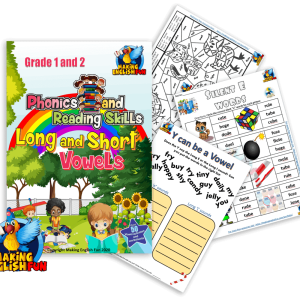
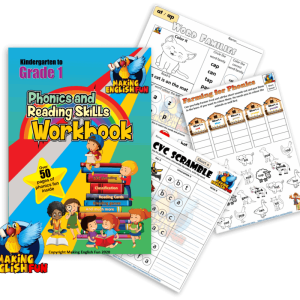

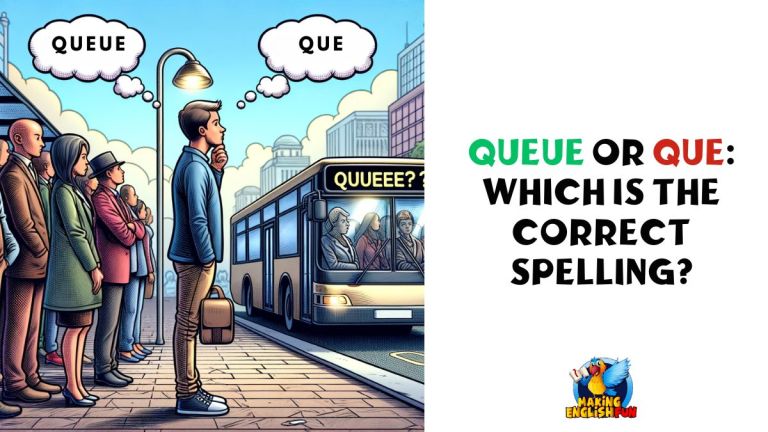
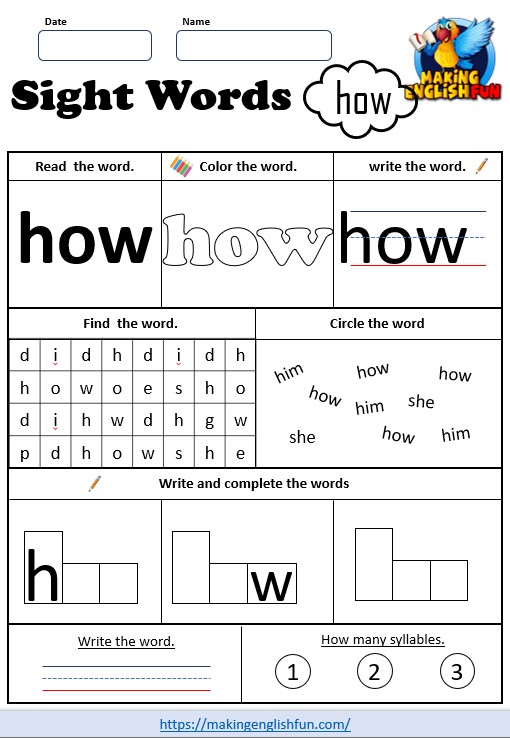


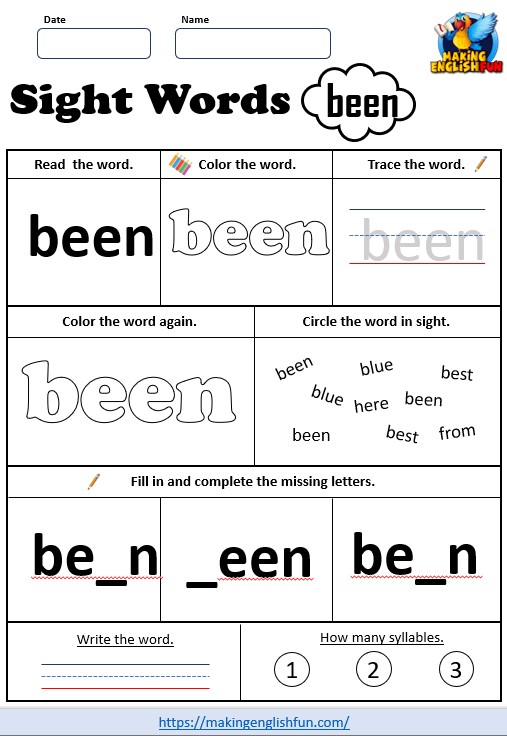
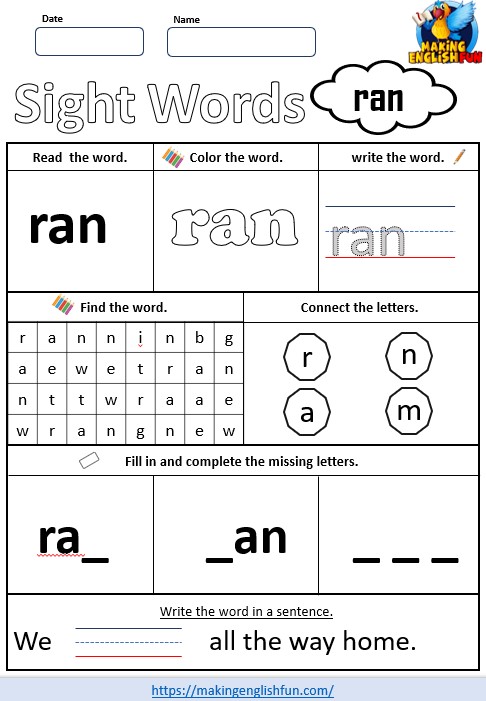
7 Comments